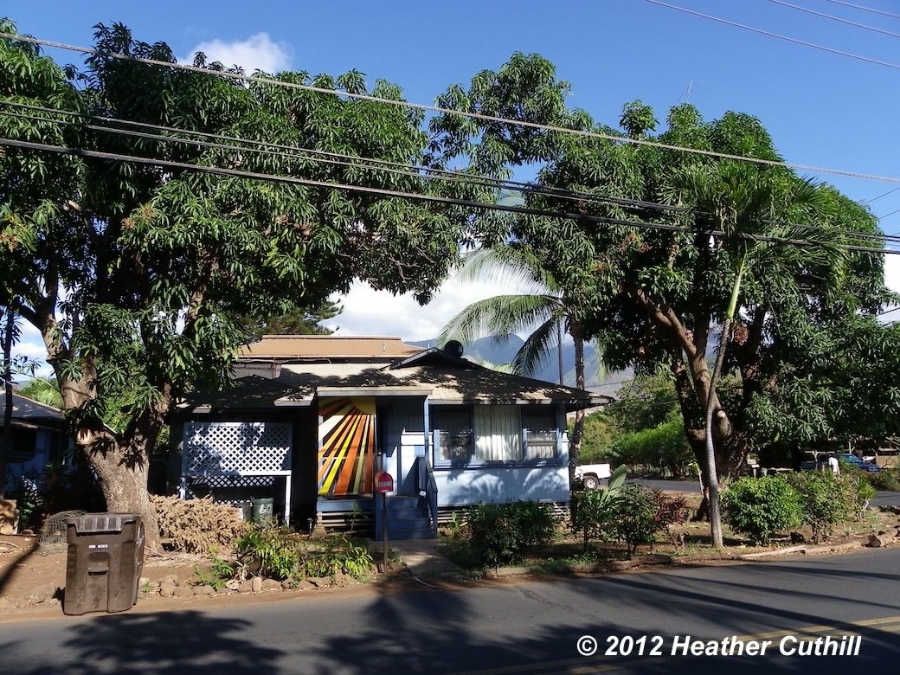
For many people, a vacation home is the ultimate luxury. Especially if you have a favorite vacation destination, whether it's the beach or the mountains or somewhere in between, a vacation property makes it easy to get away without giving up the creature comforts of home. However, many people are unable to justify purchasing a vacation home if they will only be using it for a few weeks out of the year.
However, there are options that can make a vacation property not only affordable, but profitable as well - without the risks of a time share. This is especially true if your vacation property is in a popular tourist destination, and even more so if you intend to use your vacation home during low or off-peak seasons.
By renting out your vacation property when you're not using it, you could recoup some of your costs, and possibly even make a little extra as well.
Renting your vacation home is preferable to leaving it empty and vulnerable throughout the year, because it reduces the risk of break-ins and ensures that leaks, clogged drains and other potentially serious issues are dealt with quickly.
Making the choice to turn your vacation property into a rental is not without risks. The property is probably located a fair distance away from your year-round home, making it difficult to maintain the property, get it ready for renters, or handle the administrative tasks associated with renting. Many real estate companies provide a suite of property management services that are well suited to owners who want to rent out their vacation homes, and you can probably find one that operates in the area where the property is located.
Before you put that vacation property into the rental market, there are a few things you should consider. As with any rental situation, there is a degree of risk involved. Renters may cause damage to the premises and its contents, injure themselves on the property, or fail to pay rent as agreed. For this reason, it is important to ensure that you have all the necessary paperwork taken care of any time you decide to rent your property.
Rental Application Form
The Rental Application Form should be filled out by every prospective tenant interested in renting your property. This document commonly includes information such as the desired rental period, how many people will be staying in the property, and a preliminary rental agreement.
Vacation Property Rental Agreement
In the event that you approve the application, a more formal Vacation Property Rental Agreement should be signed by the renters (this can be a paper form or an online submission). The Agreement will clearly detail the rights and responsibilities of the renter and the property owner, such as:
- How and when the security deposit will be returned to the renter,
- A description of the property and items supplied, such as appliances, linens, etc.,
- Restrictions on the use of the property (smoking, pets, noise, guests),
- Any fees that will be charged for no-shows and cancellations,
- Limitation of the owner’s liability for injury, loss or damage to occupants and property.
A written rental agreement is important not only to prevent misunderstandings, but also to provide a legally binding method of protecting your property, and to reduce the risk of liability and damage claims.
Property Management Agreement
A Property Management Agreement comes into play if you decide to hire an agent to manage your property on your behalf. Property managers typically provide services such as:
- Opening the property and providing keys for renters, and picking up keys and locking up at the end of the rental.
- Cleaning, laundry services, restocking of supplies (toilet paper, soap, etc).
- Regular maintenance and repairs, as required.
- Regular security checks of the property when unoccupied.
- Collecting the rentals and any other fees and charges (long distance phone calls, pay-per-view TV, etc).
- 24/7 phone support for emergencies.
- Arranging for removal of occupants who are not complying with the terms of the rental contract.
Whether or not you decide to use a property management service, it makes sense to have somebody that you can trust available to assist renters with checking in and out and to address any issues that may arise in your absence such as repairs, property damage, and so forth. You may also want to consider a landscaping / groundskeeping service to keep the property in good condition at all times.
Waiver and Release
A Waiver and Release protects you against legal claims made by the renters for loss of or damage to their personal belongings, or injury and even death suffered on the property that is not a direct result of your negligence or failure to uphold your obligations. Your rental agreement will typically have a release and indemnity provision, but if you're renting to friends or family you may decide not to bother with a formal rental agreement. In that case you should definitely have them sign a Waiver and Release form.
With the rising cost of transportation, people are looking for more affordable ways to enjoy a vacation. Rental properties such as cabins and cottages are becoming increasingly popular as they are generally more cost-effective than staying in a hotel and more comfortable for extended stays. This gives vacation property owners an opportunity to have their property pay for itself by generating revenues when they're not using it.

